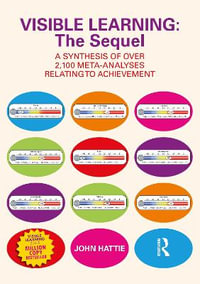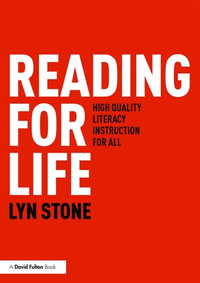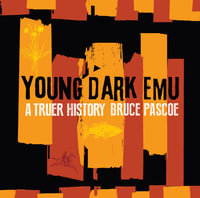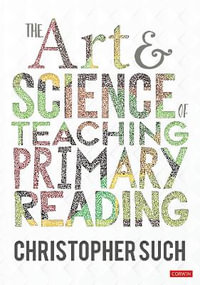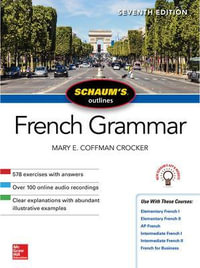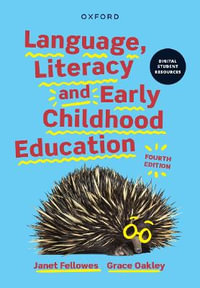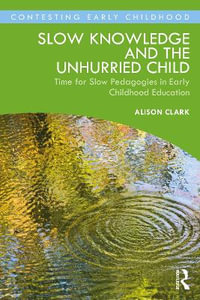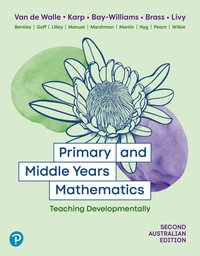
Internet Environments for Science Education
By: Marcia C. Linn (Editor), Elizabeth A. Davis (Editor), Philip Bell (Editor)
Hardcover | 30 March 2004 | Edition Number 1
At a Glance
Hardcover
RRP $273.00
$193.25
29%OFF
Aims to ship in 7 to 10 business days
ISBN: 9780805843026
ISBN-10: 0805843027
Published: 30th March 2004
Format: Hardcover
Language: English
Number of Pages: 442
Audience: Professional and Scholarly
Publisher: Taylor & Francis Ltd
Country of Publication: US
Edition Number: 1
Dimensions (cm): 22.86 x 15.24 x 2.54
Weight (kg): 0.76
Shipping
| Standard Shipping | Express Shipping | |
|---|---|---|
| Metro postcodes: | $9.99 | $14.95 |
| Regional postcodes: | $9.99 | $14.95 |
| Rural postcodes: | $9.99 | $14.95 |
How to return your order
At Booktopia, we offer hassle-free returns in accordance with our returns policy. If you wish to return an item, please get in touch with Booktopia Customer Care.
Additional postage charges may be applicable.
Defective items
If there is a problem with any of the items received for your order then the Booktopia Customer Care team is ready to assist you.
For more info please visit our Help Centre.
You Can Find This Book In
This product is categorised by
- Non-FictionEducationEducation Equipment & Technology
- Non-FictionEducationTeaching of a Specific Subject
- Non-FictionScienceScience in General
- Non-FictionEngineering & TechnologyTechnology in GeneralTechnical Design
- Non-FictionComputing & I.T.Digital Lifestyle & Online World: Consumer & User GuidesInternet Guides & Online Services
- Kids & Children's BooksEducational MaterialScience Educational Material
- Non-FictionEngineering & TechnologyEnvironmental Science


